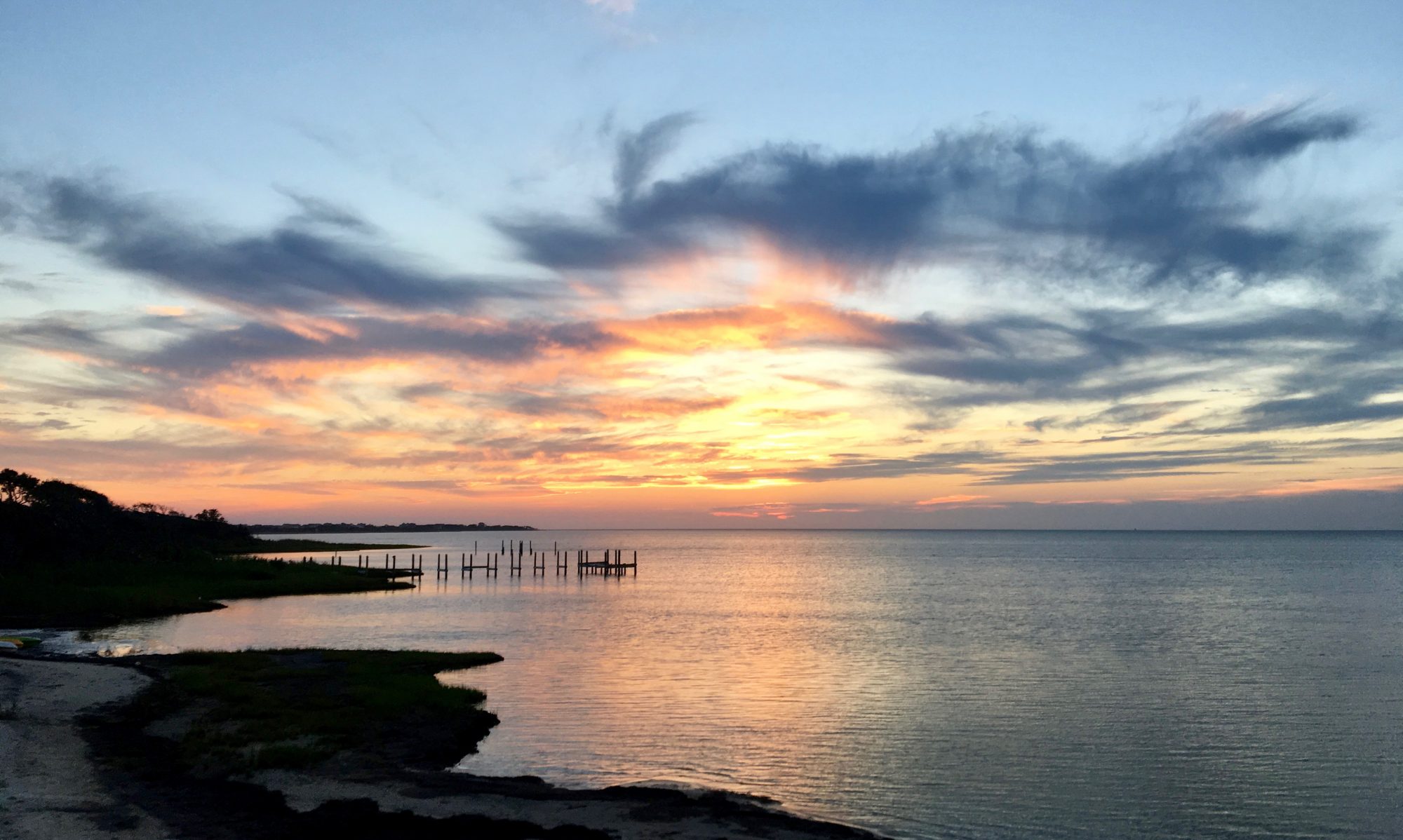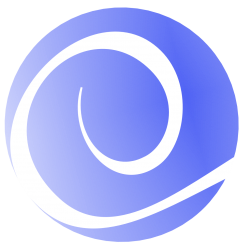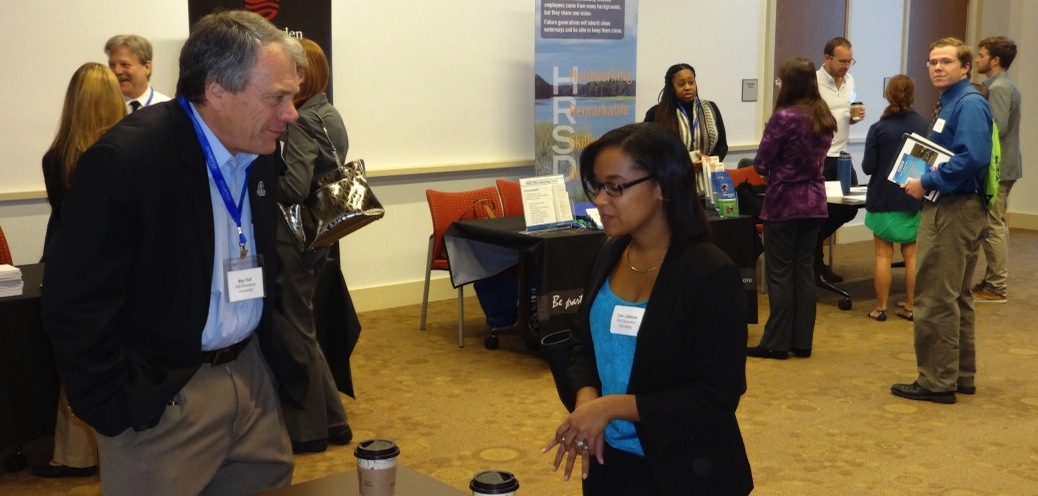By Judy Tucker, TCS Executive Director
As all nonprofit organizations do, The Coastal Society is always looking for new ways to accomplish its mission and to try to generate some modest revenue. Long-time champion for students, Tom Bigford, host of six TCS interns (all successfully placed in coastal/aquatic jobs or academia), speaker at student events during TCS Conferences, and mentor to many, had dreamed of a stand-alone event for students to help them prepare for successful careers. Ideas pop and events happen when two board members (Mo Lynch and Lewie Lawrence), a very active TCS member (Michelle Covi), and the TCS executive director (Judy Tucker and blog author), all live in the same region. The TCS Board approved our proposal to run a pilot day-long program to help students and new professionals explore the diversity of coastal careers and find jobs. Thus was born Coastal Career Days.

It took conference calls every two weeks and a survey of students in marine science and oceanography programs at six Virginia universities and in the six TCS chapters to shape the idea and identify the best date on the calendar. A concept paper was floated to colleagues working on coastal issues to gauge their interest in sending students and supporting the event through speakers and sponsorships. Their reaction was swift and strong: this event must happen! A 30-year veteran of the state marine resources agency was worried about finding qualified students to fill the impending vacancies from a wave of retirees who’d been at the forefront of environmental issues in the late ‘70’s.

A consulting firm with offices in many Virginia locations and one in NC saw the benefit of spending time with a pre-qualified group of potential employees in one place without taking time away from clients’ projects. One newly hired employee at a nonprofit organization wanted to share the inside tips on how employers look at resumes and cover letters. Without hesitation, nine employers agreed to spend a Saturday in November to set up a display table, make a 20 minute presentation, and spend the day seated among the students for additional discussion and round table activities. Talk about access to employers! The student attendees were thrilled.
The pilot Coastal Career Day speakers were:

- Kenneth Bannister, Draper Aden Associates
- Lewie Lawrence, Middle Peninsula Planning District Commission
- Mo Lynch, Chesapeake Bay National Estuarine Research Reserve
- Jill Meyer, CSS-Dynamac
- Dorissa Pitts-Whitney, Hampton Roads Sanitation District
- Linda Schaffner, Virginia Institute of Marine Science
- Ray Toll, Old Dominion University Office of Research
- Tony Watkinson, Virginia Marine Resources Commission
- Ross Weaver, Wetlands Watch
- Michelle Covi, Old Dominion University Climate Adaptation and Resilience Program
Here are a few of the tips shared by the speakers:
- The less urban the area, the more valuable a generalist is. Be able to learn quickly, and willing to take on a variety of tasks. In return, your resume will show a diversity of skills and lots of experience in solving problems. Consider local and regional employment, not just state and national levels.
- Consider smaller organizations. When they expand through a new program, they may need to hire expertise not available on their current staff. Learn why they are hiring.
- Don’t short-cut your resume. Employers can easily spot a template resume and can tell when a cover letter is generic. Don’t use them!
- Show off your skill-sets. A resume should show you have the core skill sets to get the job done. eyond that basic qualifier, you’ll need to prove you can communicate clearly, have people skills, “command a room” or make an impact on them. Indicate leadership by showing where you influenced getting a project done.

Linda Schaffner, Virginia Institute of Marine Science
- Express yourself. A cover letter should show that you are excited about their position and how you can hit the ground running. Back it up with experience, and explain why you are the best person for the position.
- Feds or contractors? The basic difference between a direct hire by the Federal government and a contractor to the agency is that the contractor cannot do administrative things like signing a contract or representing the agency publically. That means you get to focus on science or writing. It is also easier to make a lateral move to another agency.
- Agency hiring process. Different government agencies have different hiring practices; some can’t recruit unless there is an opening. If you want to work in a particular agency, contact them to find out what their hiring process is. Then watch where grants have been awarded as an indication of possible openings.
- Be entrepreneurial. If your research or idea could benefit a company or its project, tell them you’d like to do some research and write a white paper (state of the knowledge or research) for them. They don’t have the time to do that, and your white paper can be used to promote the company. Maybe they can pay you, or maybe you’ll have to consider it a type of internship on your resume. Or, show them how what you are working on right now in school could benefit their company, as a way to start a relationship and attract their interest in you.
- Network and be open-minded. Contact alumni to learn about
different employment. If they refer you to talk to someone else, keep an open mind, and learn about a job you might not have thought of. This network will get you responses to your resume.

Sponsors
A hearty thanks to our sponsors for making the pilot Coastal Career Day available to Virginia students:



